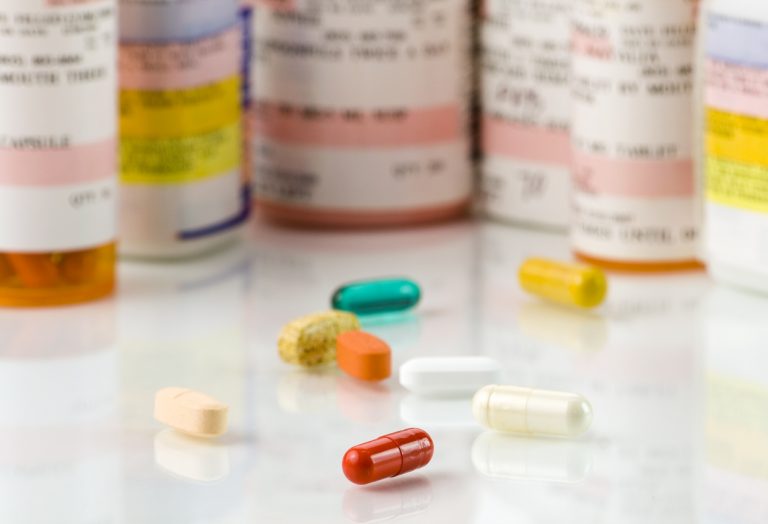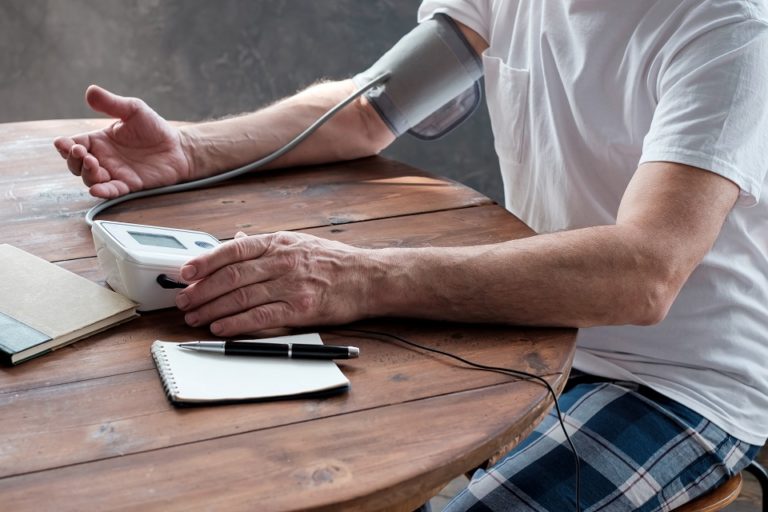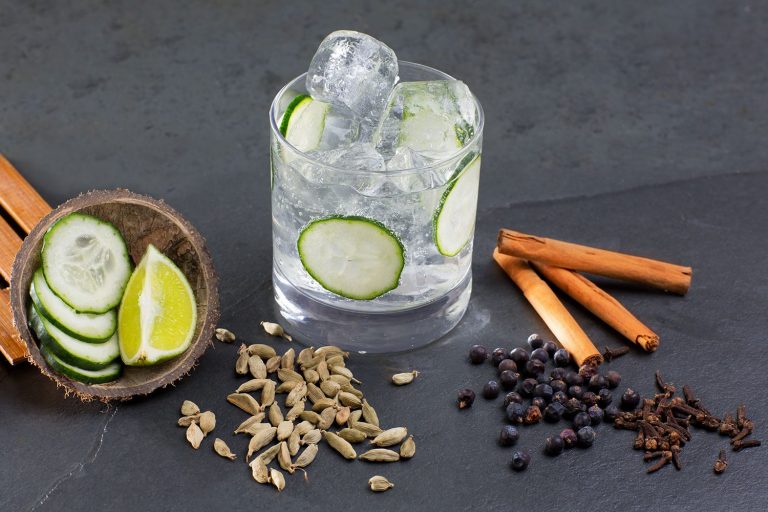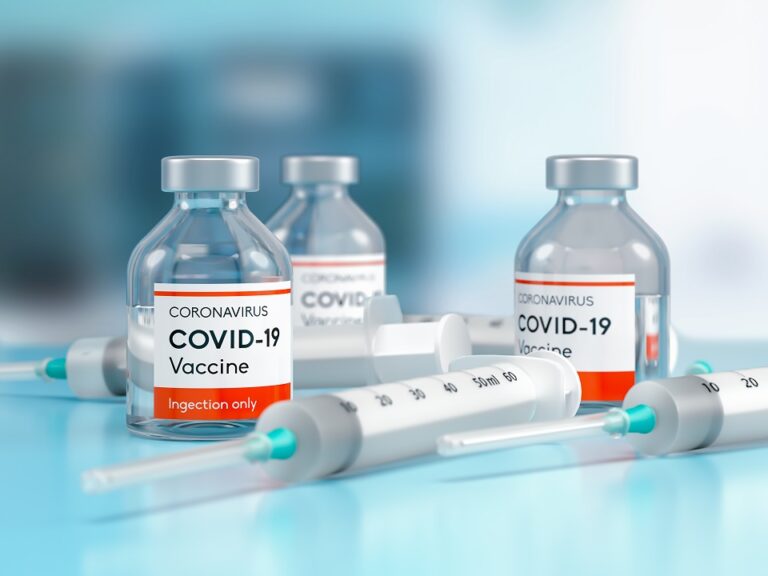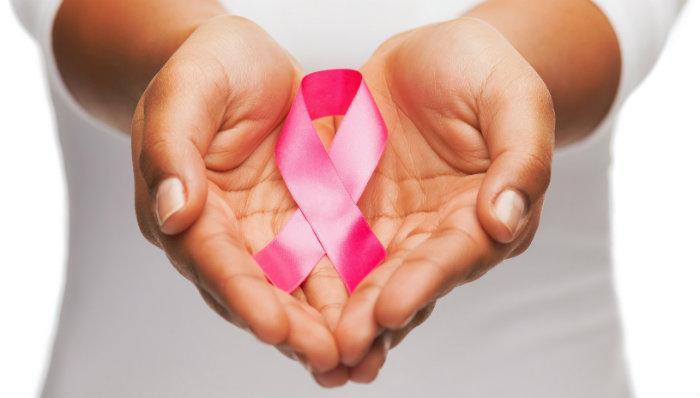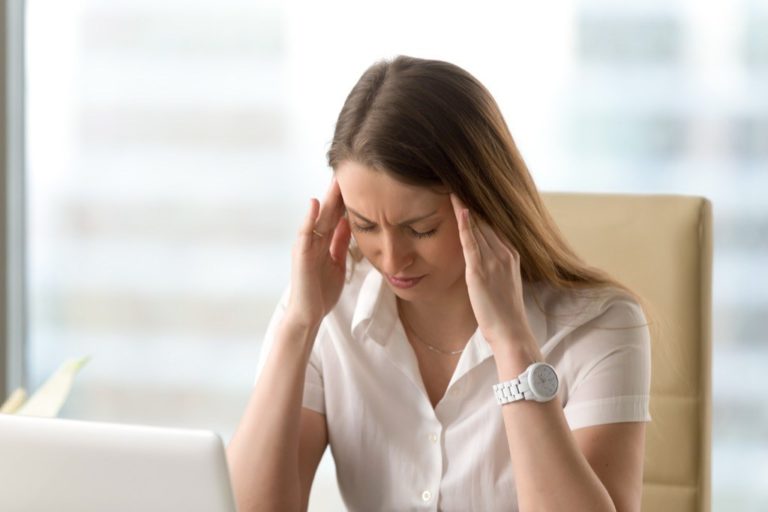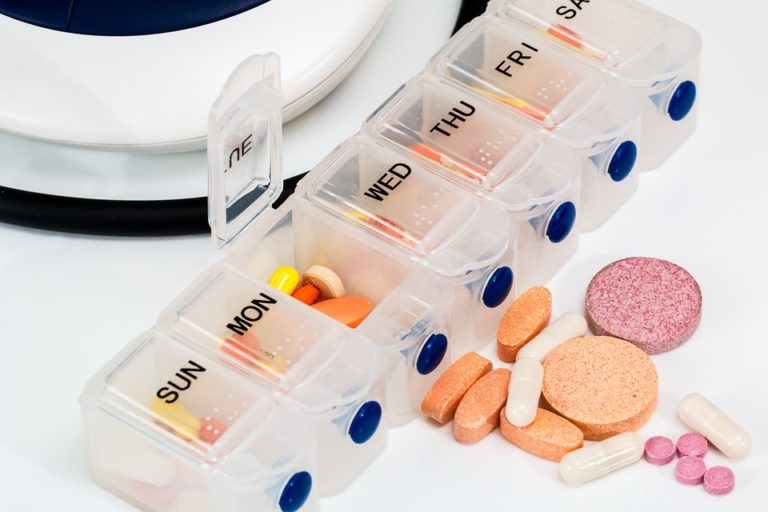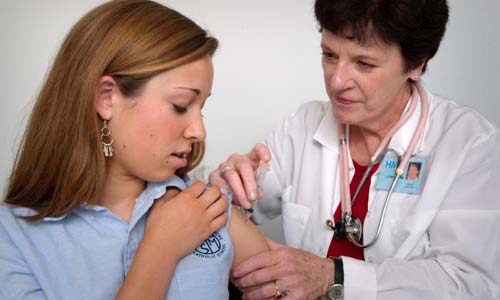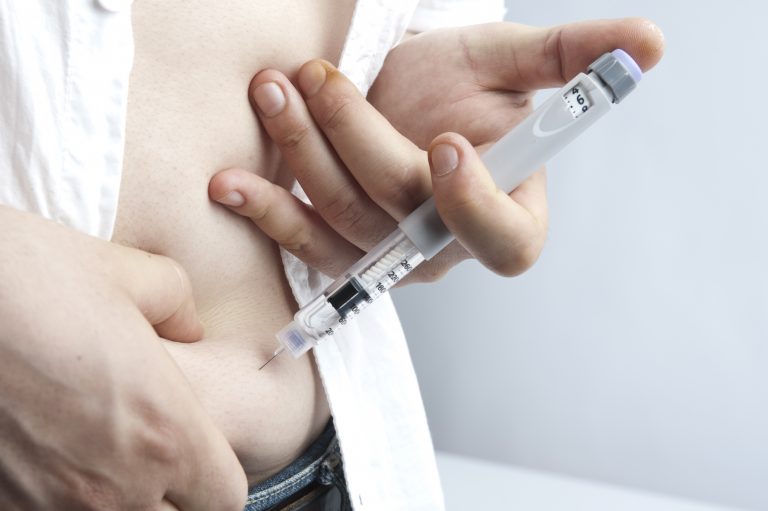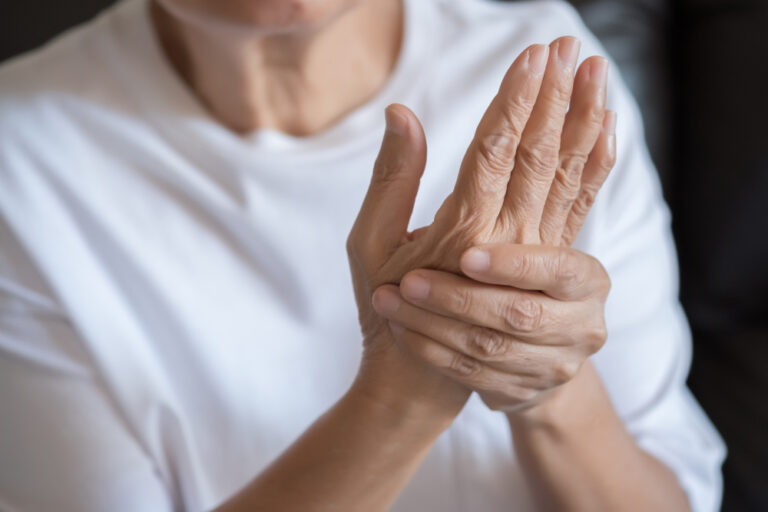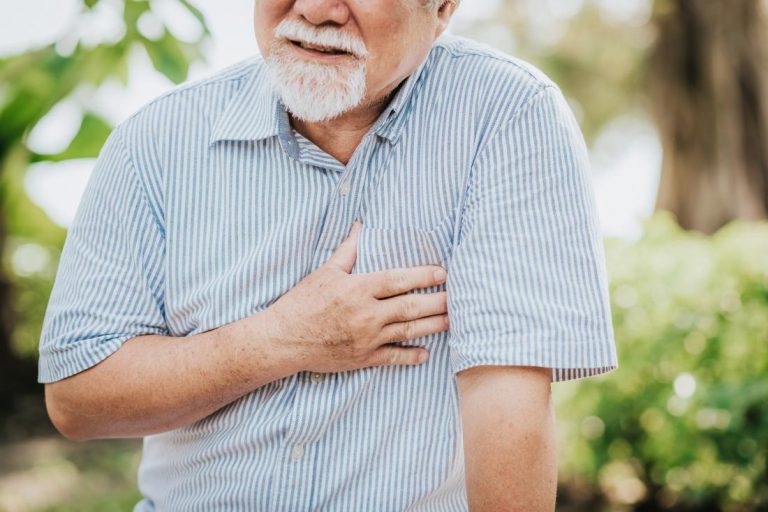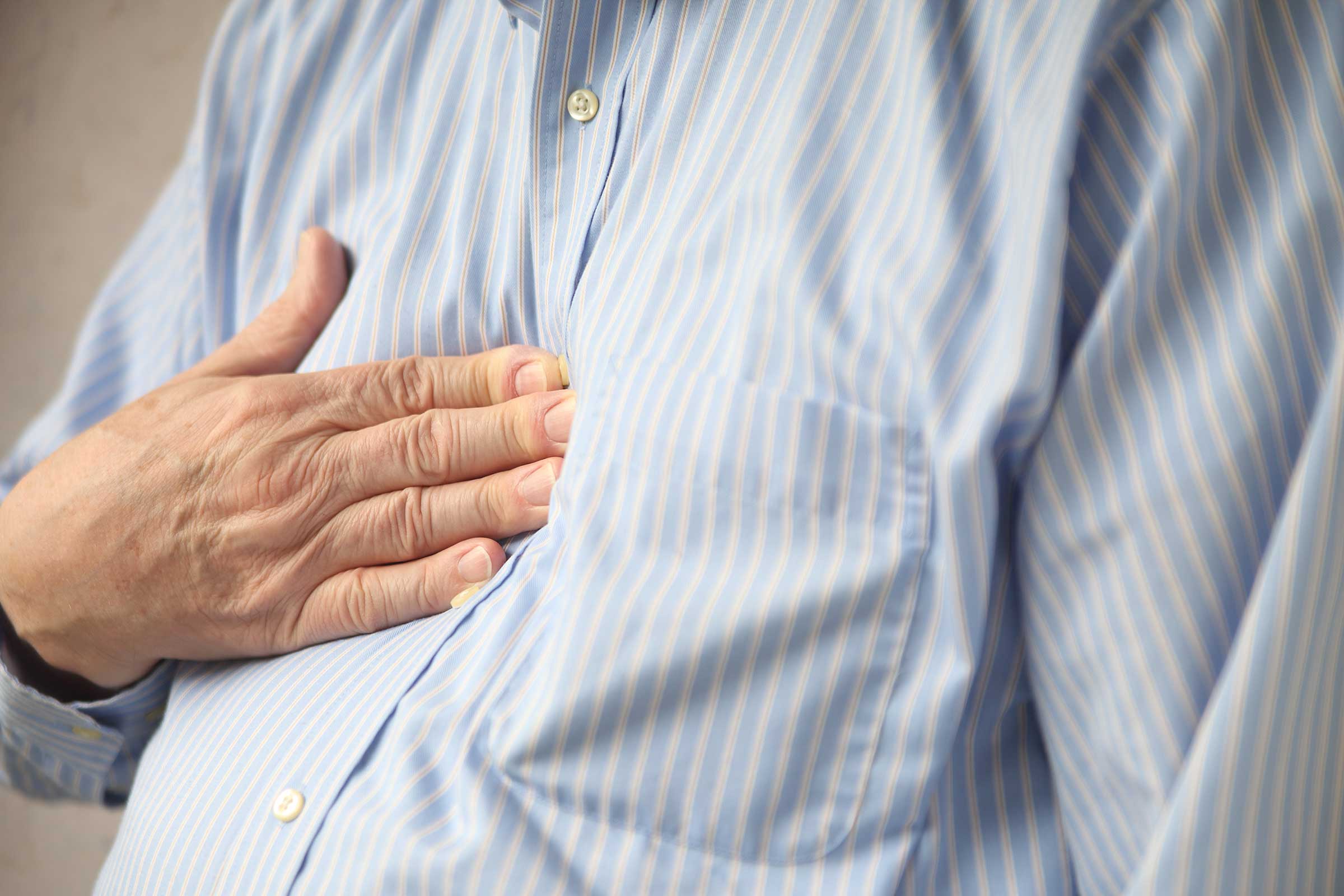
It’s not uncommon to experience heartburn, especially after eating spicy foods or a large meal. According to the Cleveland Clinic, approximately 1 in 10 adults experience heartburn at least once a week. One in 3 experience it monthly.
However, if you are experiencing heartburn more than twice a week, then you may have a more serious condition known as gastroesophageal reflux disease (GERD). GERD is a digestive disorder that causes stomach acid to come back up into the throat. Frequent heartburn is the most common symptom of GERD, which is why the burning sensation is often accompanied by a sour or bitter taste in the throat and mouth.
Why Does Heartburn Occur After Eating?
When you swallow food, it passes down your throat and through your esophagus en route to your stomach. The action of swallowing causes the muscle that controls the opening between your esophagus and stomach, known as the esophageal sphincter, to open, allowing food and liquid to move into your stomach. Otherwise, the muscle remains tightly closed.
If this muscle fails to close properly after you swallow, the acidic contents of your stomach may travel back up into your esophagus. This is called “reflux.” Sometimes, the stomach acid reaches the lower part of the esophagus, resulting in heartburn.
Easing Heartburn After Eating
Eating is a necessity, but getting heartburn doesn’t have to be an inevitable result. There are steps you can take to soothe the feeling of heartburn after a meal. Try the following home remedies to relieve your symptoms:
1. Wait to Lie Down
You may be tempted to collapse on the couch after a big meal or to go straight to bed after a late dinner. However, doing so can lead to the onset or worsening of heartburn. If you’re feeling tired after a meal, keep active by moving around for at least 30 minutes. Try washing the dishes or going for an evening stroll.
It’s also a good idea to finish your meals at least two hours before lying down, and to avoid eating snacks right before bed.
2. Wear Loose Clothing
Tight belts and other constricting clothing can put pressure on your abdomen, which may lead to heartburn. Loosen any tight clothing after a meal or change into something more comfortable to avoid heartburn.
3. Don’t Reach for a Cigarette, Alcohol, or Caffeine
Smokers may be tempted to have an after-dinner cigarette, but this decision can be costly in more ways than one. Among the many health problems that smoking can cause, it also encourages heartburn by relaxing the muscle that normally prevents stomach acid from coming back up into the throat.
Caffeine and alcohol also negatively impact the function of the esophageal sphincter.
4. Raise the Head of Your Bed
Try elevating the head of your bed about 4 to 6 inches off the ground to prevent heartburn and reflux. When the upper body is elevated, gravity makes it less likely for stomach contents to come back up into the esophagus. It’s important to note that you must actually raise the bed itself, not just your head. Propping yourself up with extra pillows puts your body into a bent position, which can increase pressure on your abdomen and aggravate heartburn and reflux symptoms.
You can raise your bed by placing 4- to 6-inch wood blocks securely under the two bedposts at the head of your bed. These blocks can also be inserted between your mattress and box spring to elevate your body from the waist up. You may be able to find elevating blocks in medical supply stores and some drugstores.
Sleeping on a special wedge-shaped pillow is another effective approach. A wedge pillow slightly elevates the head, shoulders, and torso to prevent reflux and heartburn. You can use a wedge pillow while sleeping on your side or on your back without causing any tension in the head or neck. Most pillows on the market are elevated between 30 to 45 degrees, or 6 to 8 inches at the top.



